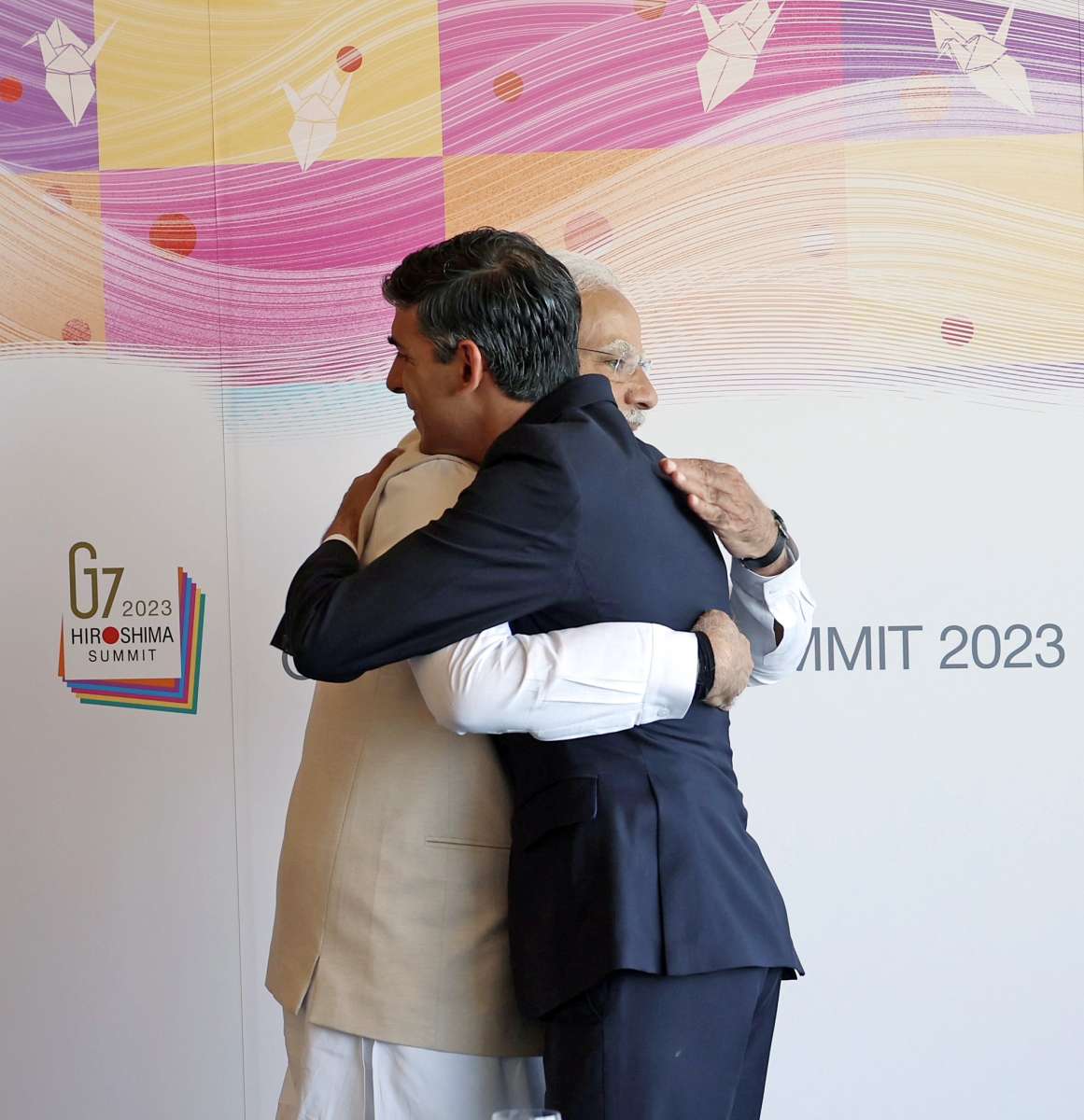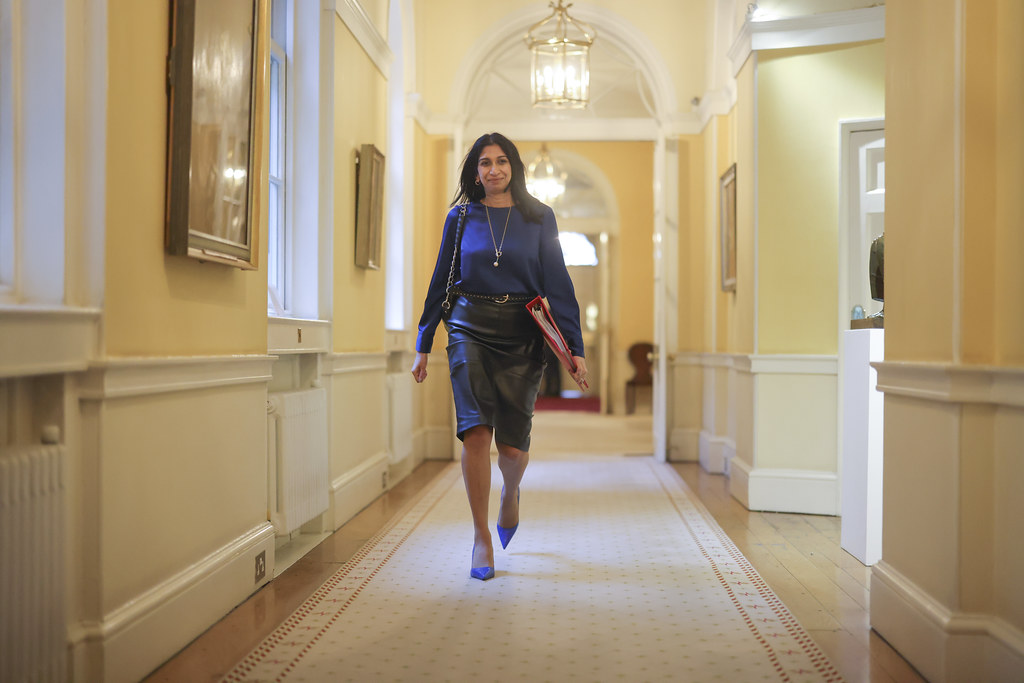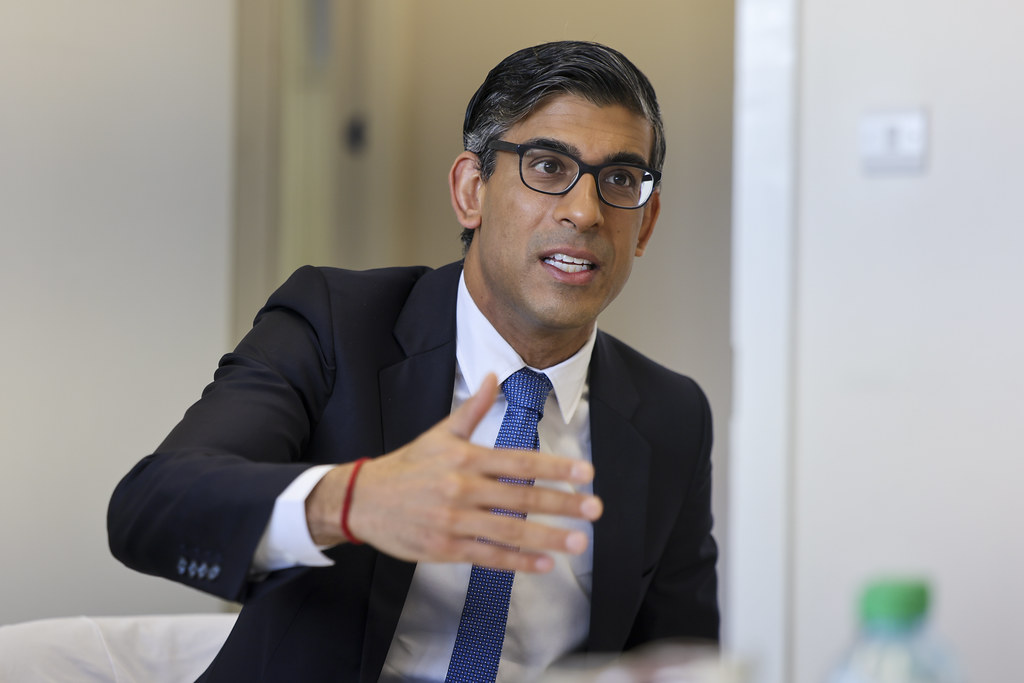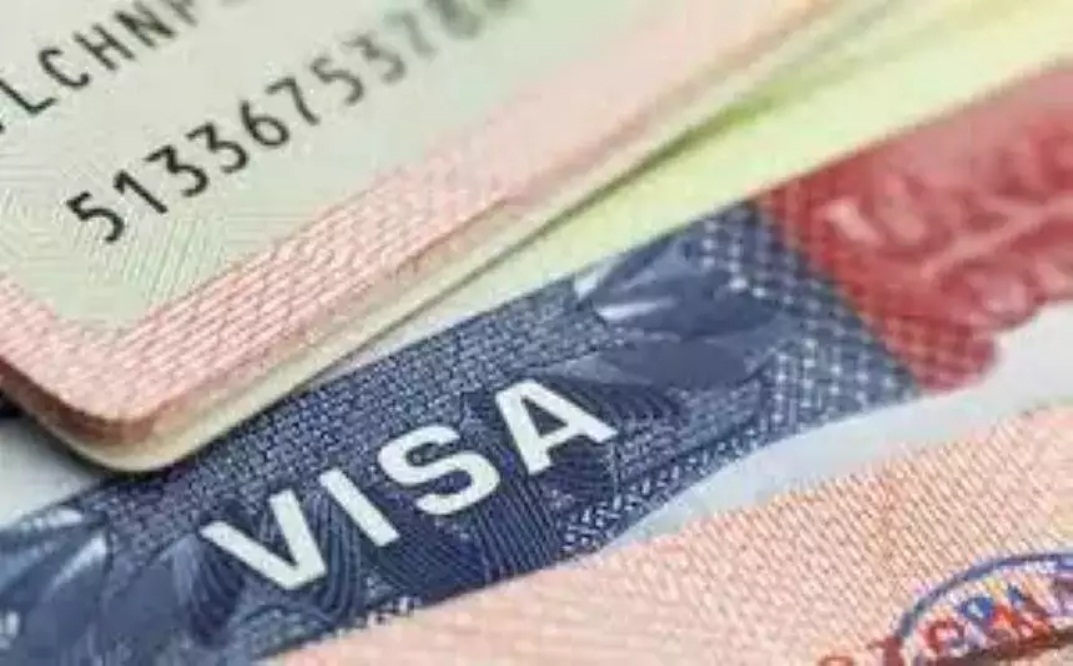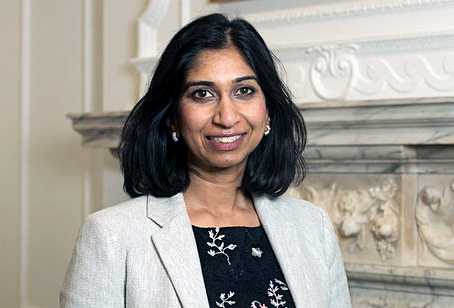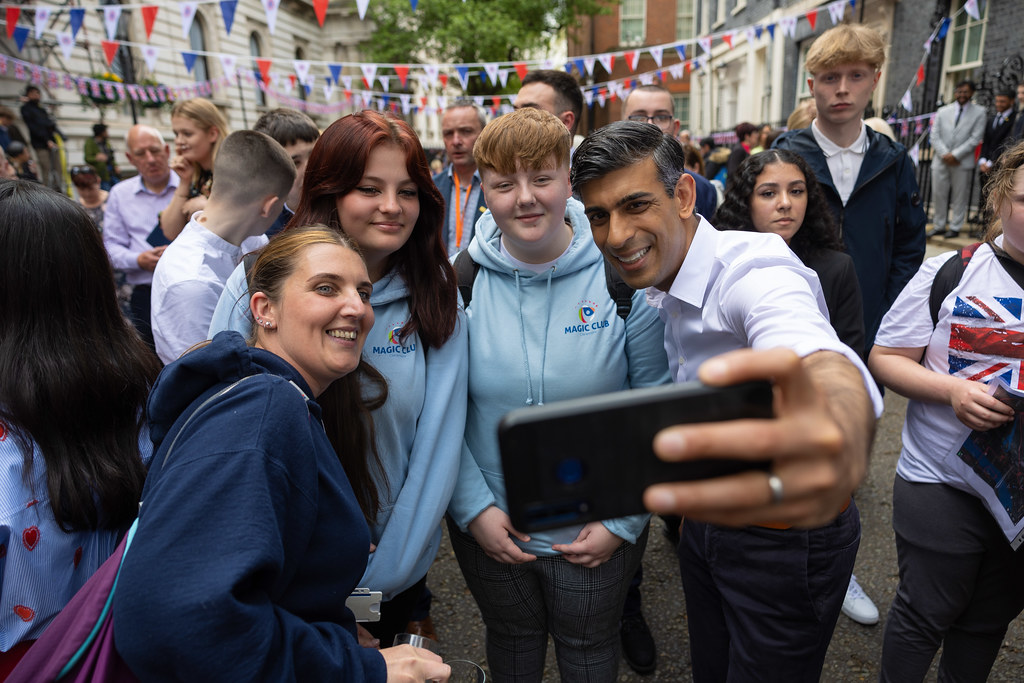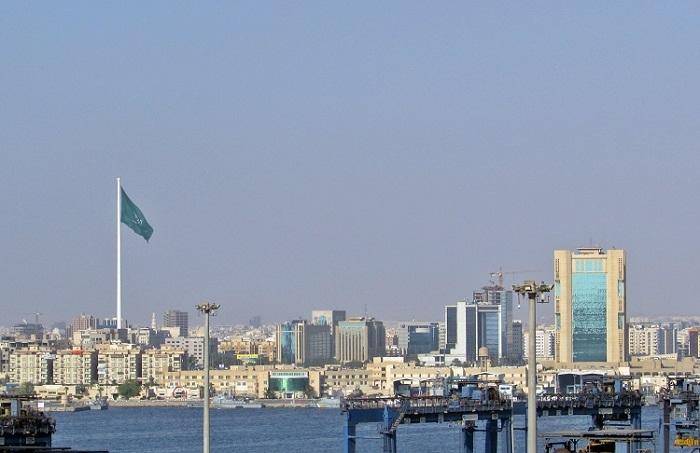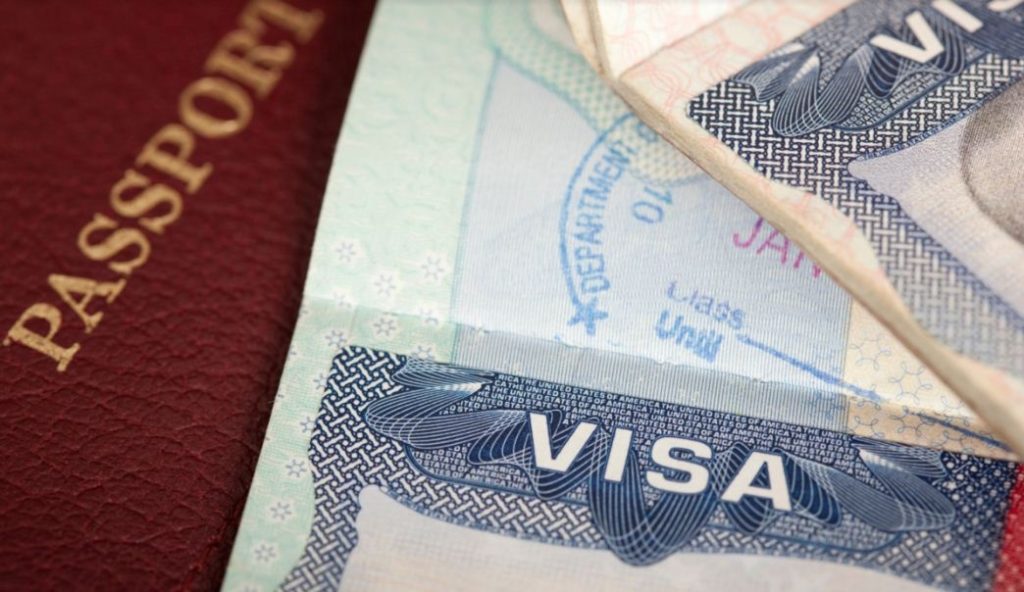A spokesperson for the UK trade department said its made “good progress” in closing chapters and both countries are now “laser-focused” on goods, services and investment…reports Asian Lite News
India and the UK have softened positions on most of their points of contention as both nations try to wrap up trade talks ahead of expected national polls next year, according to people with the knowledge of the matter.
While New Delhi has agreed to slash tariffs on British cars and scotch whisky, the UK is willing to relax some visa rules for Indian professionals, Indian officials said, asking not be identified as the discussions are private. Nevertheless, with immigration a politically sensitive subject in the UK, a British official indicated any visa relaxations are likely to be limited.
Prime Minister Narendra Modi and his British counterpart Rishi Sunak are pushing to double bilateral trade by 2030 through a pact that slashes tariffs and increases market access. The two governments hope to wind up the trade talks before year-end, Indian and British officials said.
Britain is willing to accept New Delhi’s standards on environment protections and labor – a key Indian demand given the differences in economic development and sensitivities involved for its micro-, small- and medium-sized firms, the officials added.
Striking a trade accord is critical for India’s ambition to become a manufacturing powerhouse, while the UK is seeking to clinch new deals to highlight the benefits of Brexit. Rishi Sunak and PM Modi will have an opportunity to discuss the matter face-to-face at a Group of 20 summit in New Delhi next month.
A spokesperson for the UK trade department said its made “good progress” in closing chapters and both countries are now “laser-focused” on goods, services and investment.
“While we cannot comment on ongoing negotiations, we are clear that we will only sign when we have a deal that is fair, balanced, and ultimately in the best interests of the British people and the economy,” they said.
The negotiations on visas are likely to be particularly sensitive. India has long demanded increased access for its citizens, but the UK’s vote for Brexit in 2016 was fueled in part by calls for greater control over the numbers of people coming into the country, and immigration remains a hot-button topic ahead of the next general election.
Underscoring the difficulties Sunak’s government faces, net migration to the UK reached a record 606,000 people last year, while separate visa data has shown one in three residence visas were granted to Indian workers. A UK official said talks are centering on time-limited business visas for highly skilled workers.
The deal, if it materializes, will be India’s biggest and most ambitious free trade agreement to date. This comes at a time when many western economies are pinning their hopes on the South Asian nation to become a bulwark against China’s growing economic and military clout.
Even as the two nations have been reluctant to set a date for completing the talks after missing a deadline last year, negotiations have been progressing well, the people said. Indian Commerce Minister Piyush Goyal’s decision to visit Britain last month put political momentum behind talks, one UK official said.
The Sunak administration is also considering signing an agreement that will help Indians claw back half a billion pounds in payments made by them toward Britain’s social security system, the Indian officials said.
India is looking to bring down the import duty on cars to 75% from the current 100%. However, this will exclude small capacity cars and there would be a cap on the number of vehicles sold under these lower tariffs, the people said.
Similarly, on scotch whisky, New Delhi may slash duties to 100% from the existing 150% charged above a minimum import price. The premium category may see a steeper tariff cut. Easier market access in both these sectors has been one of the main demands of the UK.
Most of the debate is now centered on determining the criteria for the import duty cuts on goods under the trade deal and India’s proposal for an investment protection treaty, the officials from New Delhi said.
The UK and India are yet to concur on the contours of the treaty promoting and protecting investments on a reciprocal basis, the officials said. New Delhi’s proposal to exhaust local judicial remedies before initiating international arbitration in case of disputes has still not found favor with the UK, they added.
ALSO READ-70 Indians sue US govt for denying them H-1B visas

